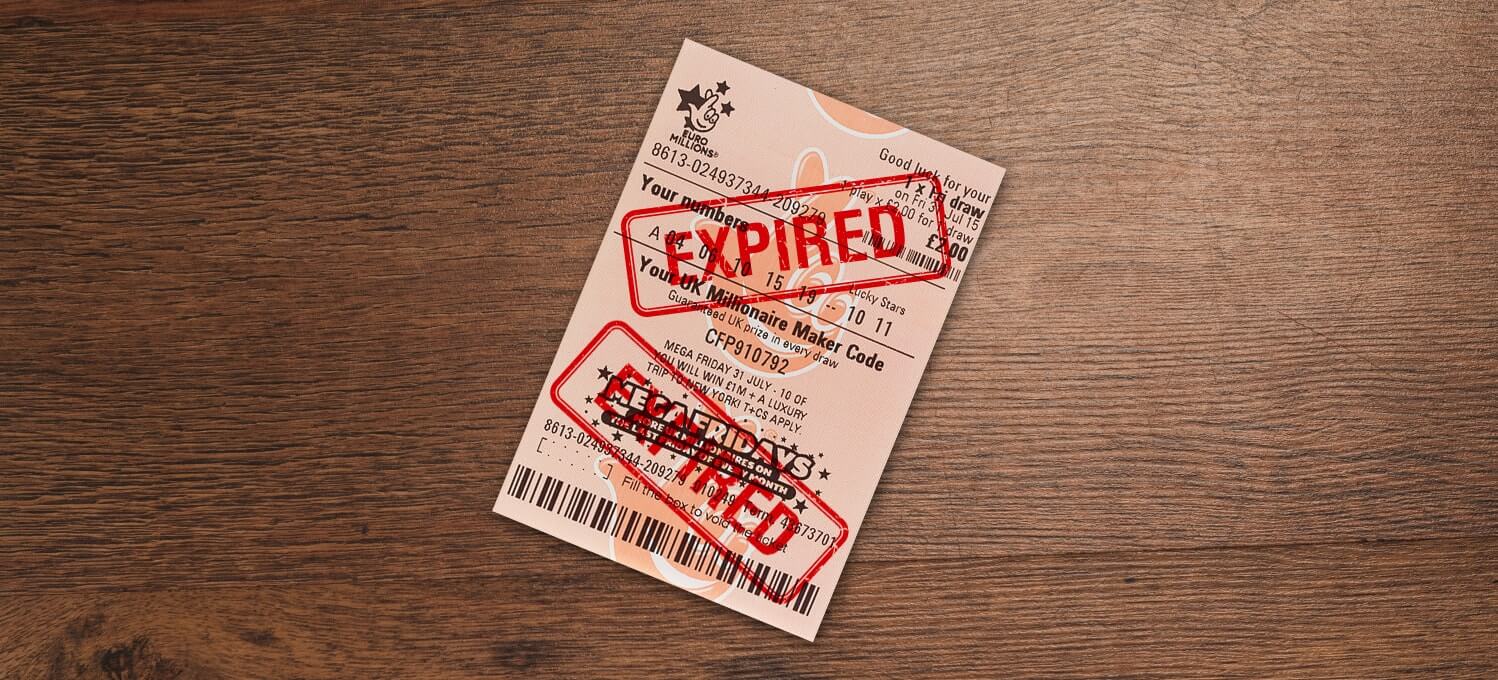

When it comes to picking lottery numbers, players will face the eternal quandary of whether to pick a set of “lucky numbers” or simply go for a lucky dip.
Some may wish to use their partner’s or other loved ones’ birthdays, for example, while others may feel that sticking to one set of numbers forces them to play each week for fear of missing out!
Other motivations for picking lottery numbers may be entirely mathematical. While some believe that lottery numbers can be predicted, others believe that lottery numbers may not be totally random.
So are lottery numbers totally random?
How the National Lottery ensures randomness
The nature of the National Lottery ensures that they are totally random, simply by allowing balls to bounce around in a glass container! This sets them apart from other digital mediums such as computer algorithms, which rely upon random number generators, and are not technically truly random!
Some factors may affect randomness, however, so the National Lottery has provisions in place to prevent this. For example, balls which have been picked more often than others may be subject to wear and tear, which could, in theory, potentially affect the way they bounce around inside the glass.
To account for this, operators routinely change the balls and the container. Other theories as to what can affect the outcomes of the balls include paint on the balls, which again, comes down to the ‘wear and tear’ contingency planning!
Interesting theories
Of course, just because the National Lottery has taken provisions to ensure that lottery number outcomes are totally random, does not mean that players have not come up with their own individual theories!
For example, there is a theory that the number 38 is more likely to appear in the EuroMillions (purely based in historical draws), while on the Powerball, this ‘magic number’ is 44.
Others have noted that statistically speaking, the number 13 is drawn fewer times than other balls, which has caused a stir amongst superstitious players!
Changes to the National Lottery
Just to make things more interesting, in October 2015, the number of balls available to be drawn was increased from 49 to 59. This will inevitably affect the odds of winning by adding 20% more balls, but it is perhaps too early to tell whether or not statistically there are any ‘magic numbers’.
Ultimately, the chances of predicting the National Lottery based on factors such as wear and tear on the balls is very low.
These factors will have negligible effects on the outcome of the numbers, and any ‘patterns’ that may have emerged over the years are little more than coincidence.
The good news is, however, that this makes playing the lottery totally fair! Rather than relying on algorithms, players can rest assured that their chances are as good as anybody else’s.
So while it may be fun to pick your own numbers, we'd suggest taking a lucky dip and hoping for the best!




